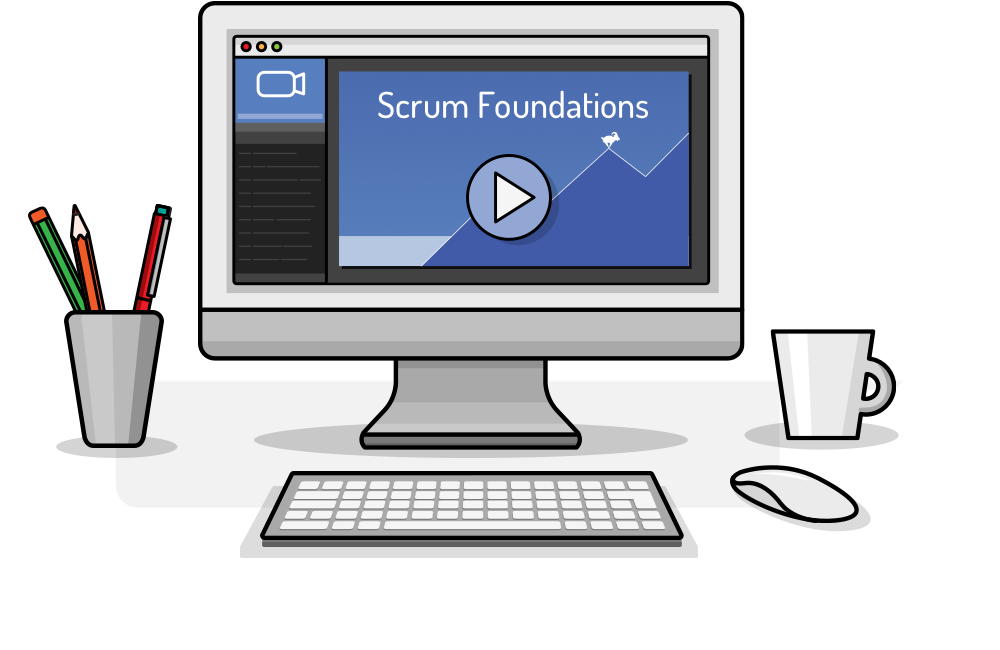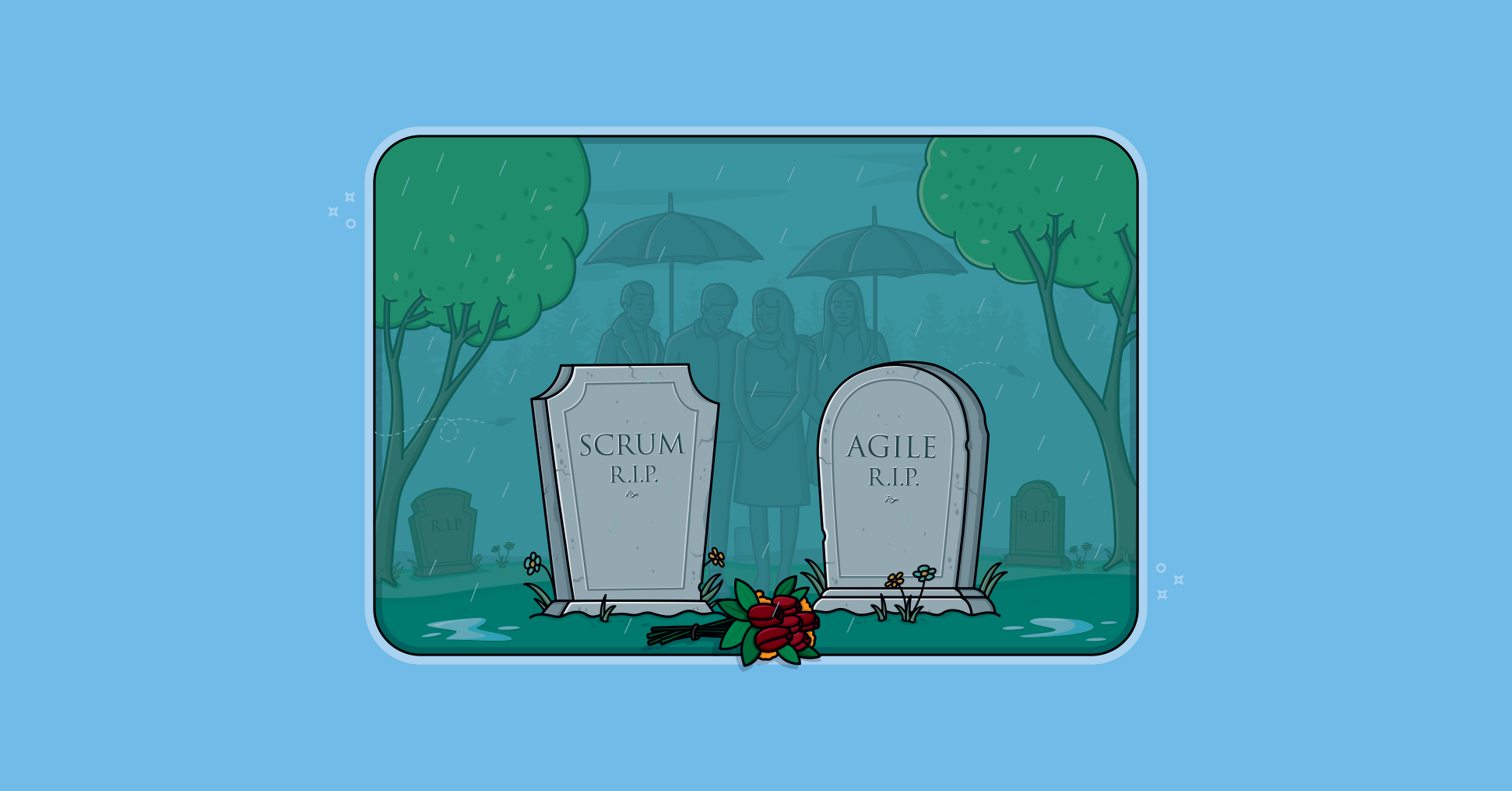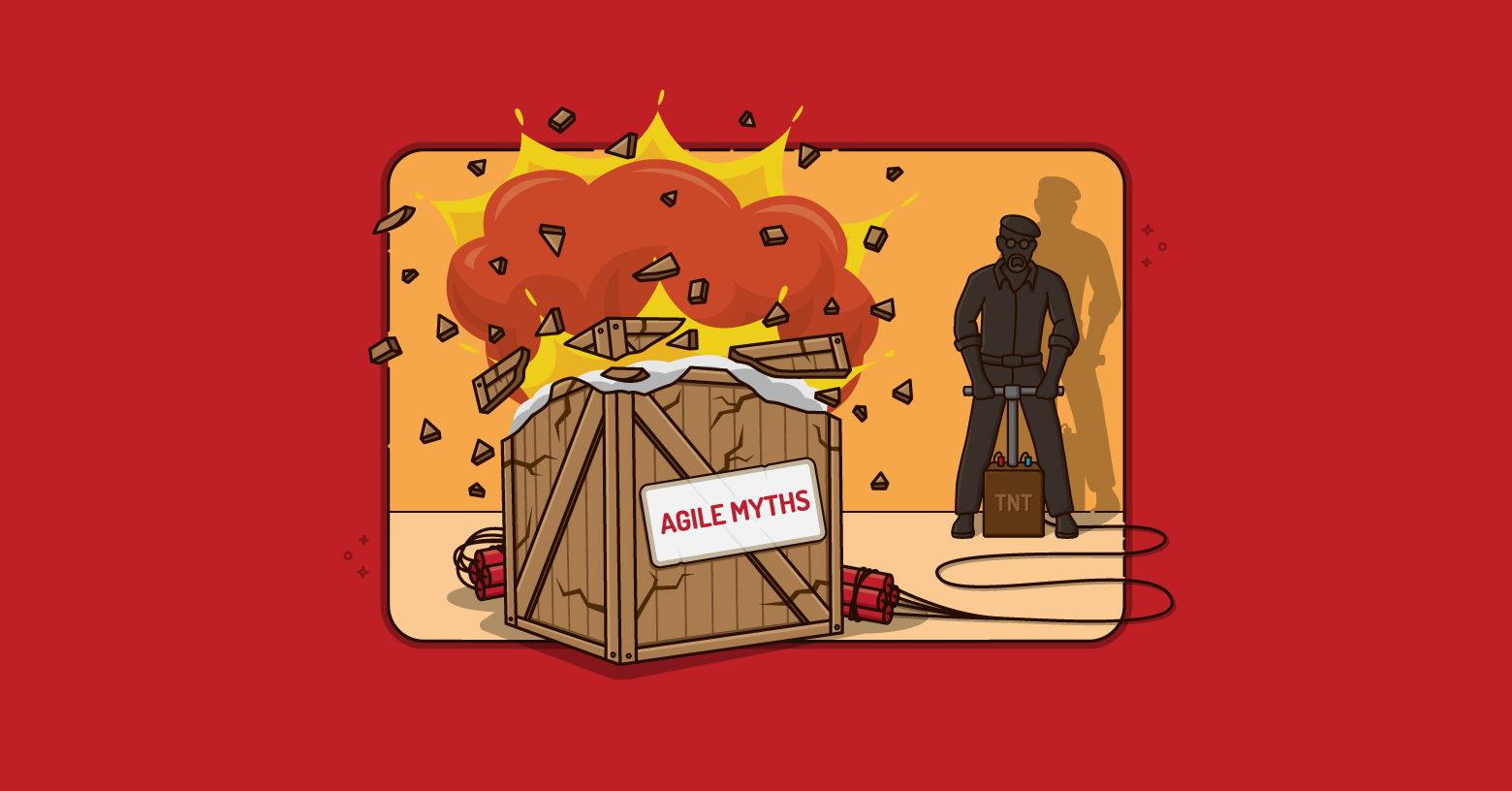
Over the past few months, I've read a few books on marketing. But I've also taken a handful of video training courses on marketing and have been listening to some enjoyable podcasts on the subject. Back when I was in college, we really did look down on the people majoring in marketing. This was the 1980s. And it seemed like they often chose that major because it didn't require any math at all. And to an outsider, the main skills they appeared to need were a firm handshake and a good golf game.
A lot has changed since then and I've become fascinated with marketing because of all the data that's available to marketers today. It appeals to my analytical side. So while consuming all this content on marketing, I noticed something. Individuals whom I thought would be competitors in that space were often endorsing one another.
Scarcity and Abundance Mindsets
And I realized this no longer happens as often as it should within the community of Scrum trainers and coaches. Too many professional Scrum trainers and coaches have shifted into a scarcity mindset. Each trainer then acts as though any win by another trainer is a loss for his or her own business. Their thinking implies there are only so many clients in the world and clients are to be divvied up like slices of a pie.
But what if that client someone else trains is then wildly successful and tells 10 or 100 or 1,000 other people? The pie grows and it can very likely grow large enough that everyone wins. This is an abundance mindset rather than a scarcity mindset.
The Founding of the Scrum Alliance
When Ken Schwaber, Esther Derby and I co-founded the Scrum Alliance, part of the plan was a credibility transfer from ourselves and the organization to other trainers. We knew that for Scrum to succeed in the world, it needed a lot more training and coaching than the three of us could or wanted to provide. And, approaching it with an abundance mindset, we knew the need for Scrum training and coaching would grow well beyond what the three of us could provide.
And that brings me to today: Many of us who make our livings training and coaching Scrum (or agile in general) seem to have reverted to a scarcity mindset. I'm generalizing, of course. There are some wonderful examples of people within the Scrum community who live an abundance mindset daily. I wonder though if it gets tough for them to continue doing so when many around them are doing the opposite.
We Are Partners and Future Partners, Not Competitors
One of the marketing books I read made an interesting point. The author said he never refers to others in his space as "competitors." Instead, they are "partners" and "future partners." And this is indeed what I noticed while participating in video training and podcasts from these marketing experts. Even when some of them could have viewed themselves as competitors since they sold similar products and services, they knew that if I bought a product from one of them, it did not preclude me from buying a product from the others.
Last update: July 11th, 2024








